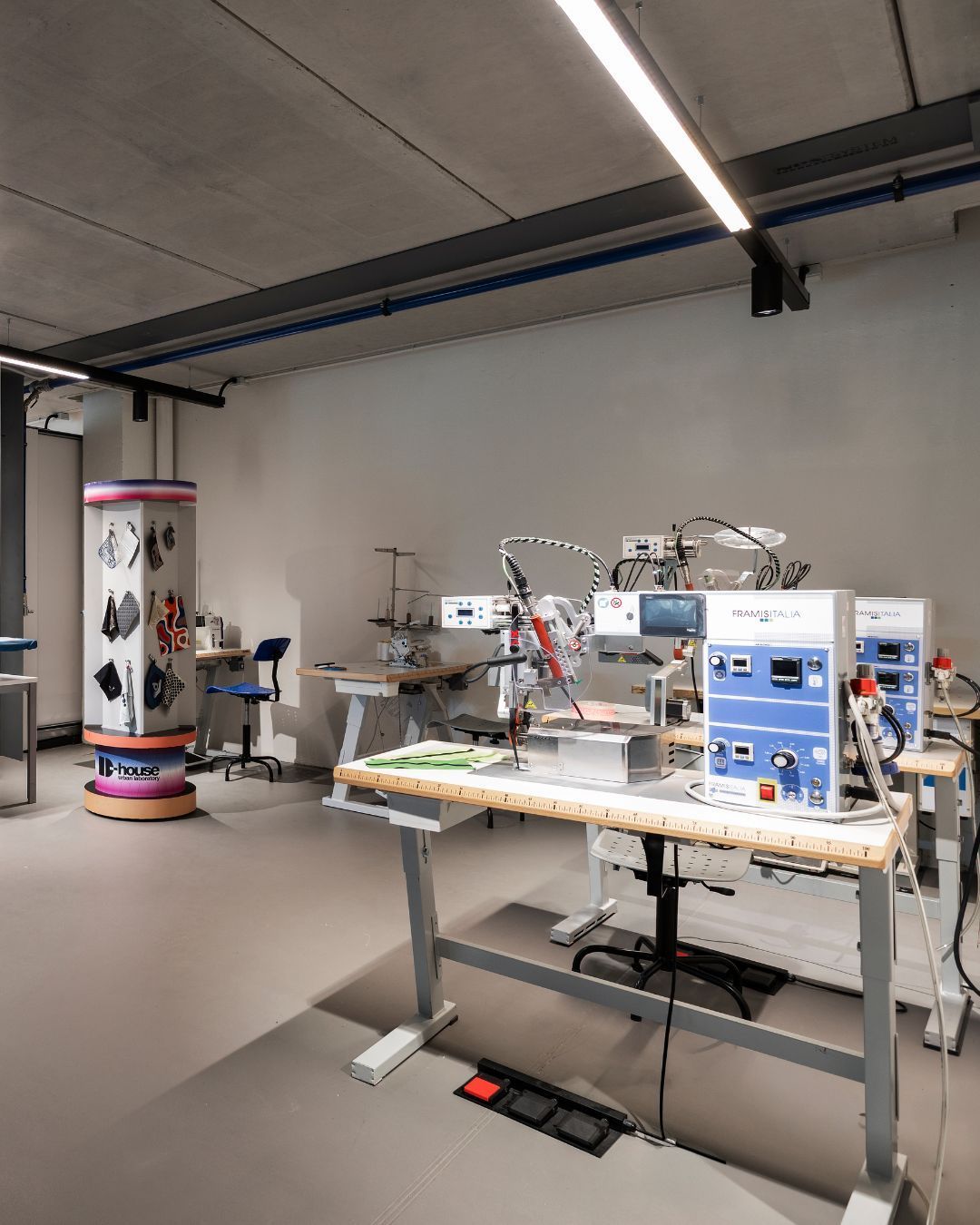
Do We Really Still Need Gender Distinctions at the Polls? Voting is for everyone, but are the polling stations really?
The division into separate electoral lists and queues by gender was introduced in 1945, when women were granted the right to vote in Italy. The electoral registers were set up distinctly based on legal gender, reflecting a system built around gender differentiation. To this day, this separation remains in place due to Article 5 of the 1967 Presidential Decree, which provides for separate voter rolls for "males" and "females." While the practice is not mandatory, it often manifests as physically divided lines at polling stations. Today, this arrangement is not only obsolete, but also harmful for those who do not identify with an imposed, outdated gender binary.
Recent Developments and New Initiatives
In 2023 and 2024, several municipalities (Milan, Padua, Bologna, Udine) adopted alternative voting policies. A guideline was issued for polling station officials, recommending the elimination of gender-based lines, forming instead a single queue to safeguard the privacy and voting rights of queer, trans, and non-binary individuals. Udine, for example, officially abolished the male/female line division during the June 2024 European elections, stating that the practice “could be discriminatory and violate people's dignity.”
Political and Social Reactions
These initiatives have drawn criticism from conservative political forces: in Veneto, a Lega Nord councilor called the decision “deeply outrageous.” However, activists and many citizens welcomed the change, appreciating the focus on voting rights in an Italy that remains institutionally gender-binary.
Privacy and Forced Outing
The binary division forces those whose gender identity differs from their legal sex to disclose themselves publicly, often with traumatic consequences. Focusing on one’s ID in line can become an act of unwanted self-exposure. A notable incident occurred in Bologna, when lawyer and trans activist Cathy La Torre asked to record a privacy violation. A poll worker insulted them, prompting intervention by authorities.
Psychological Discomfort and Voter Abstention
Emotional stress can lead to voter abstention: a study by the University of Padua shows that the LGBTQIAPK+ community in Italy has a 6% higher abstention rate, also influenced by binary outing practices. Padua councilor Francesca Benciolini reported that some trans individuals chose not to vote to avoid embarrassment, confirming a real impact on democratic participation.
How to Change: Operational and Legal Suggestions
A synergistic solution, already suggested in Milan and Padua, proposes a single queue open to all, with male/female registers hidden by barriers. Identification would occur only at the final stage, reducing psychological pressure. Other LGBTQIAPK+ associations suggest organizing voters alphabetically, decoupling the line from gender — an approach already used elsewhere. The restriction stems from national laws dating back to a now-outdated era. Legislative reform is needed to eliminate the obligation for binary lists. In 2020, the petition "I Am, I Vote" gathered over 5,000 signatures and was submitted to Palazzo Chigi and the Ministry of the Interior, aiming to bring the matter before the Constitutional Court. Yet, no progress has been made. Meanwhile, hearings and complaints (such as Cathy La Torre’s case) continue to highlight privacy and dignity violations.
Impact and Political Outlook
Despite the urgent need for national institutional measures, local mobilizations represent a first step toward a more inclusive democracy (forward-thinking municipalities are providing guidelines and training videos). But only a reform of the 1967 Presidential Decree and the electoral regulation can truly eliminate the binary division. For an Italy that belongs not only to the future but also to the present, it is crucial to act now on an issue that can truly make a difference in many people’s lives.























































